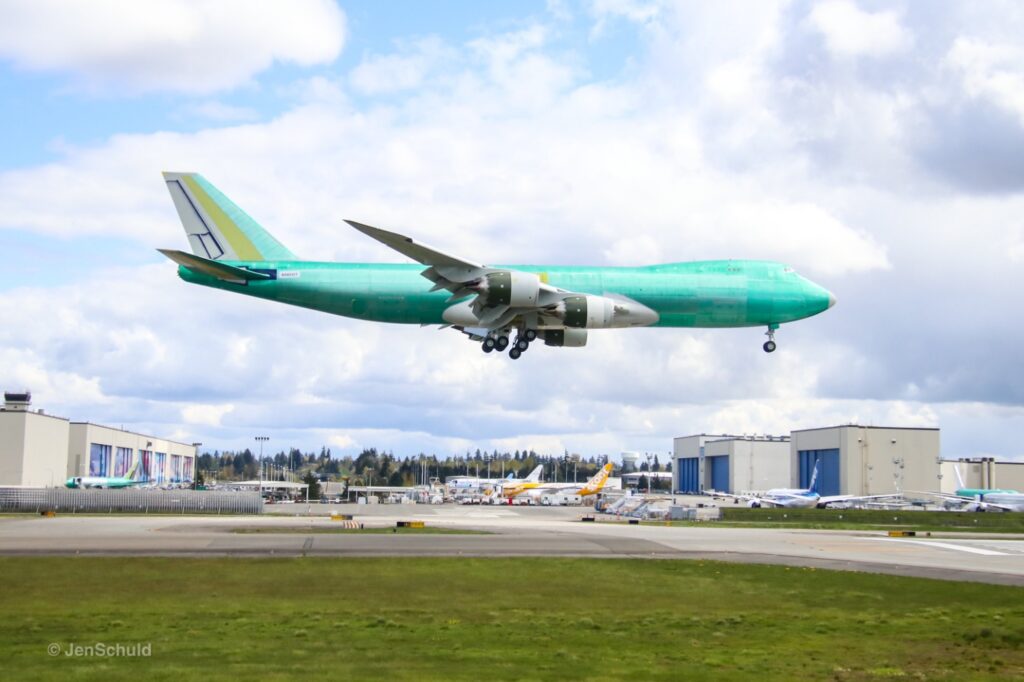Safety Alert: FAA Addresses Structural Cracks in Boeing 747-8F and 747-8 Aircraft
The Federal Aviation Administration (FAA) has issued an airworthiness directive (AD) for all Boeing Company Model 747-8F and 747-8 series airplanes. The directive was triggered by a report of cracks in specific components of the airplanes, which, if left unchecked, could lead to failure and affect the structural integrity of the planes.
The FAA’s AD was enacted in response to the discovery of cracks in the stringers (structural components of the fuselage), common to the end fittings, on the aft side of the bulkhead at station (STA) 2598. As a part of this AD, the FAA mandates detailed inspections of the stringers for potential cracks and applicable on-condition actions if needed. The AD is set to come into effect on September 6, 2023.

The aircraft involved in the initial report had accumulated 5,517 total flight cycles and 32,468 total flight hours when the cracks were found. Boeing’s subsequent investigation revealed that un-shimmed or incorrectly shimmed gaps larger than engineering requirements during airplane assembly resulted in excessive internal tensile stresses. This led to stress corrosion cracking in the stringers.
The FAA’s AD intends to address this unsafe condition, which, if not corrected, could lead to a failure of the skin adjacent to the bulkhead at STA 2598. This failure could then jeopardize the structural integrity of the airplane.
The directive calls for compliance within the specified times and includes a detailed set of procedures for inspecting and addressing the potential problem.
The FAA estimates that this AD affects 42 airplanes of U.S. registry. The estimated cost to U.S. operators for detailed inspections is $324,870 per inspection cycle. Additionally, the cost per product for any necessary repairs based on the results of the inspection is estimated at $1,705 per stringer.
According to the FAA, some or all of the costs of this AD may be covered under warranty, potentially reducing the cost impact on affected operators.


Para comentar, debés estar registradoPor favor, iniciá sesión